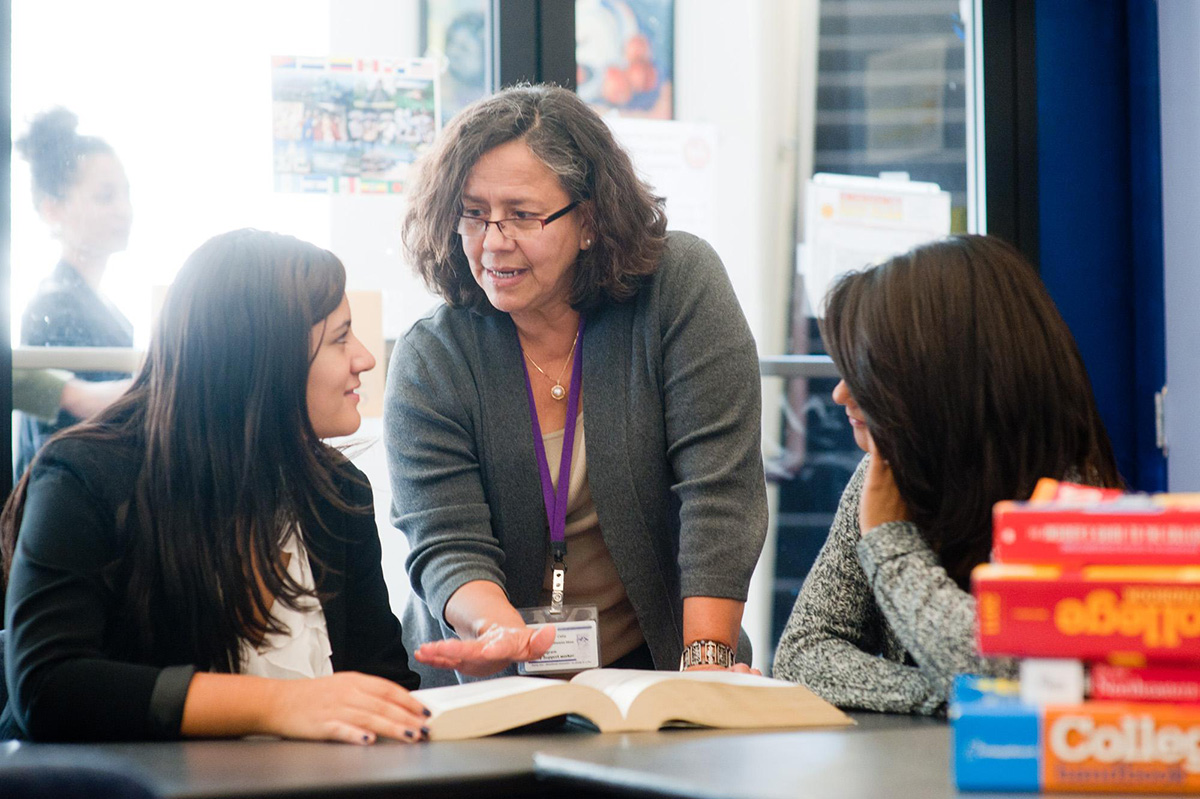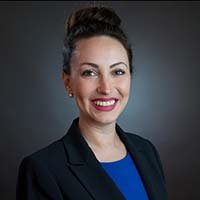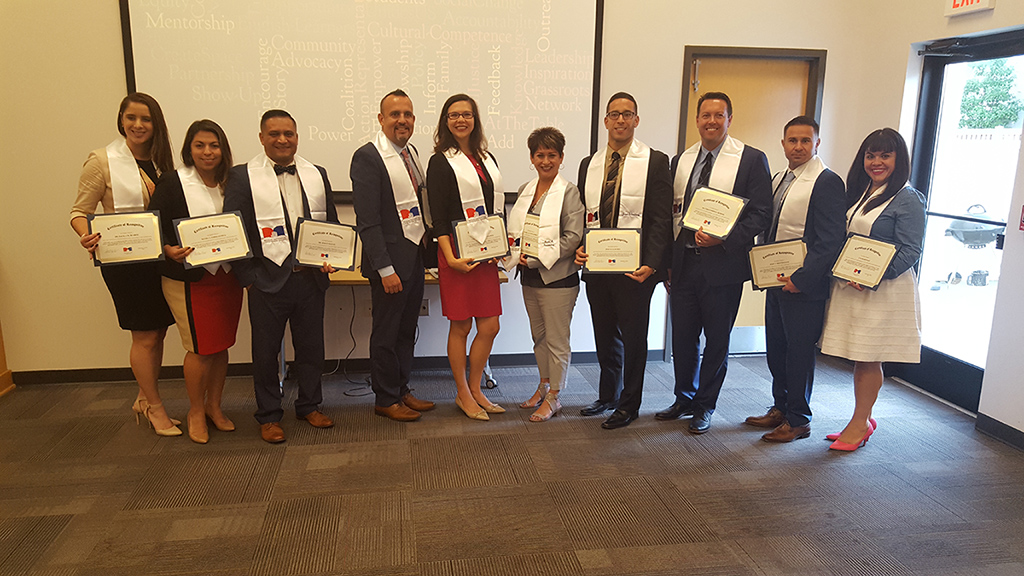The Importance of Getting Families Involved in Education
By Tommy Valentino Ramirez, Director, MAAC Community Charter School

A friend and colleague of mine loves the quote “people don’t know what they don’t know.” This has been used to explain many blunders: from the inconsequential to the very damaging. Having worked for an alternative community charter school near the border for almost 16 years now, I have seen the very real negative consequences “not knowing what you don’t know” has had on the lives of thousands of youth and families. “Not knowing what you don’t know” often comes from a place of ignorance, or unintentional damaging “guidance” at the hands of people we have empowered to guide and educate our youth and families. To prevent this damage from occurring, we must ensure that families have a voice in their children’s education and the tools necessary to get involved. The Every Student Succeeds Act (ESSA) has great potential to improve the educational lives of millions, if we are knowledgeable about ESSA and use our power to ensure that families have a voice in the educational system.
Keep up with the latest from UnidosUS
Sign up for the weekly UnidosUS Action Network newsletter delivered every Thursday.
Because there is so much important information contained in ESSA, we as educators, leaders, and people in positions of power have an obligation to break down the potential consequences, positive and negative, and explain them to children and their families. By doing this, we support those who will be directly impacted by this policy to have a true voice in a very complex, at times confusing or intimidating, political process.
MCCS was organized by the Metropolitan Area Advisory Committee (MAAC), a nonprofit organization in San Diego County since 1965, that last year serviced 70,000 individuals throughout the county. Working with the community, MAAC established the MAAC Community Charter School (MCCS) in 2001 to combat the dropout rate present in our nation, and specifically our border region. We provide a variety of programs to support our youth, through socially conscious project-based learning, transformative justice, wraparound services, as well as block scheduling, independent studies, and an independent studies hybrid through our YouthBuild USA program. Our students range from ages 14 to 24 and have the ability to gain more than one and a half years of high school classes in one year. At any given moment, MCCS has just under 300 students enrolled. We had more than 100 students graduate with us last year, not counting the students who caught up on classes (credits) with us and re-enrolled in their home schools to graduate.
At MCCS we have POWER assemblies celebrating our students’ classes every other month. We chose to dedicate an assembly to also educate all our students and families on ESSA and how they can get involved. We explained what ESSA is, how ESSA may change schools, why their involvement is critical, and how they, as parents, can get involved. Everyone who attended received a handout that broke down this information in more detail.
Some additional information we highlighted at our POWER assembly included explaining that ESSA is an update to the previous No Child Left Behind federal education law. This is intended to ensure all students have the same opportunities and access to a high-quality education. One significant change includes English Language proficiency as an indicator for schools’ rating systems; standardizing entrance and exit requirements statewide for English Learners (ELs); and prioritizing parent and stakeholder engagement. Additionally, ESSA allows states to design their own systems to measure the quality of schools. Under ESSA, schools are required to measure and report on the progress of ELs and other marginalized children every year, as well as define new goals and procedures for ELs.
It is up to all of us to ensure our student’s rights are protected in the classroom. Let’s work to ensure those who have been pushed to the margins, those who have not experienced equity nor equality, have the knowledge and tools necessary to improve their lives. The achievement and progress of ELs, Latino students, in California is extremely important to the success of our region and our state.
We need to keep schools, districts, and leaders accountable to serving our students properly. ESSA requires schools, districts, and states to “meaningfully consult,” or engage with parents in its implementation. This year, all states, including California, are drafting and submitting state ESSA plans. Anyone may email [email protected] or call (916) 319-0843 regarding ESSA. California’s plan can be read here.

